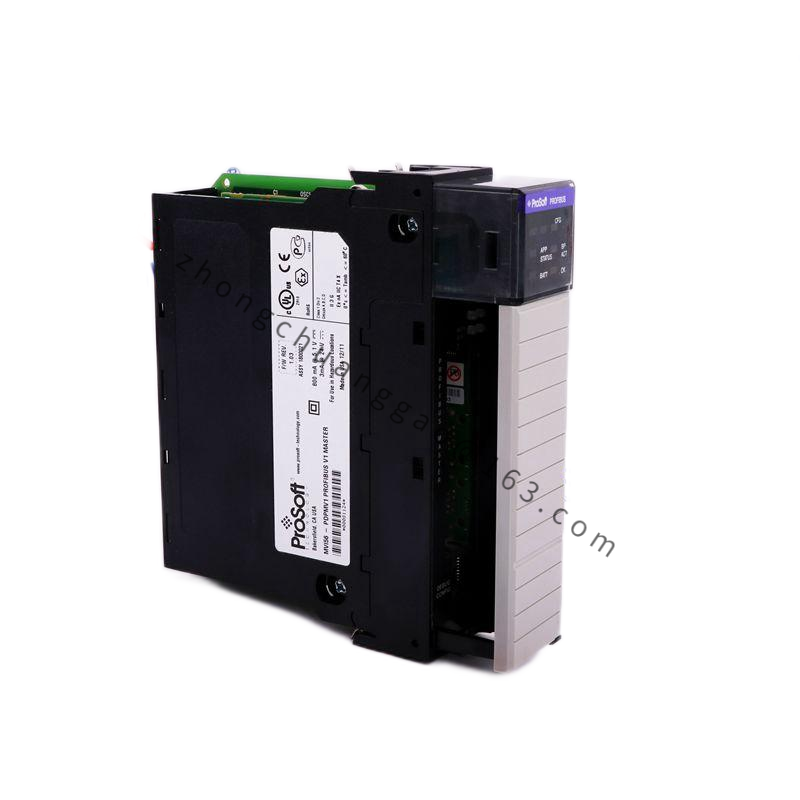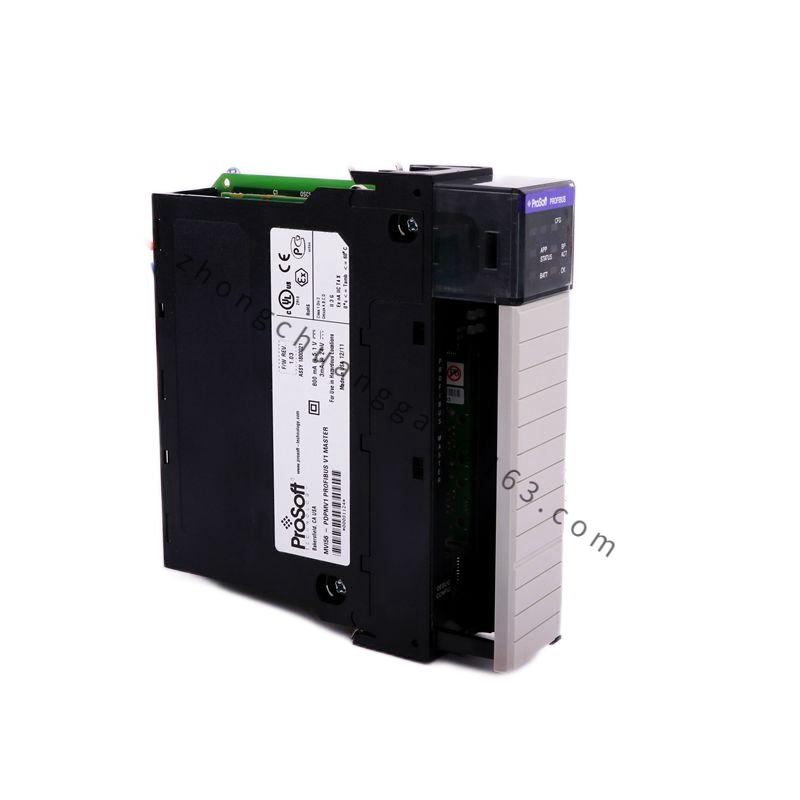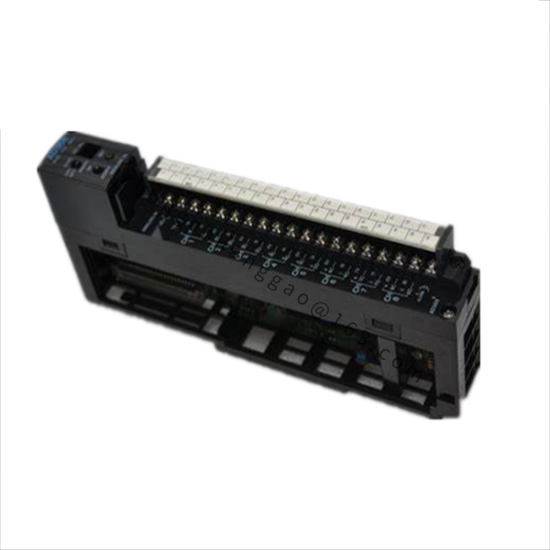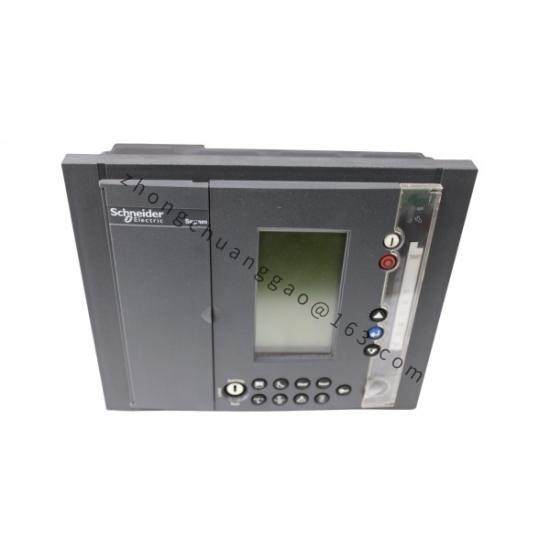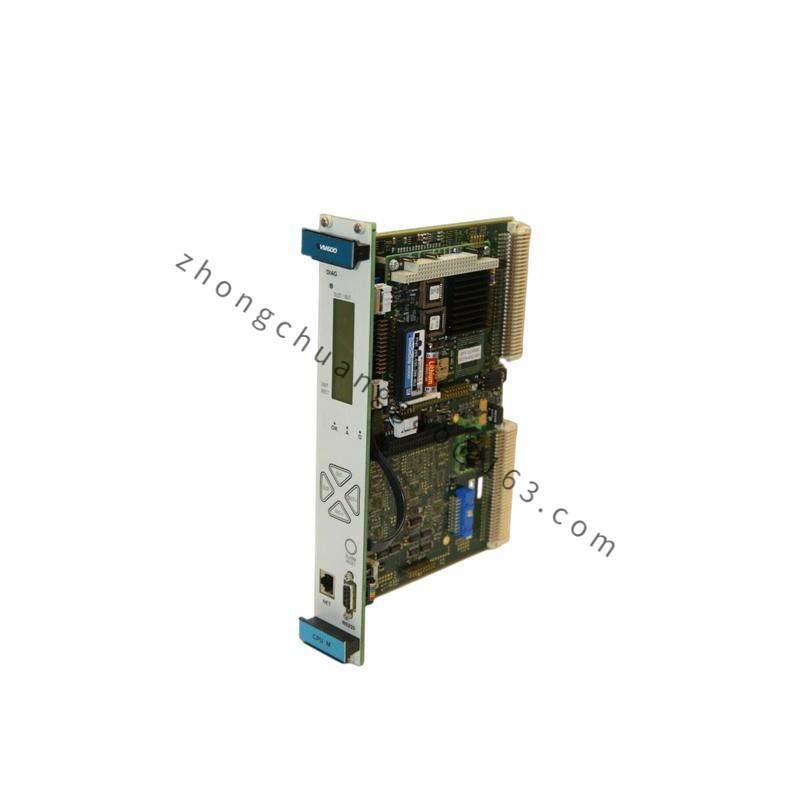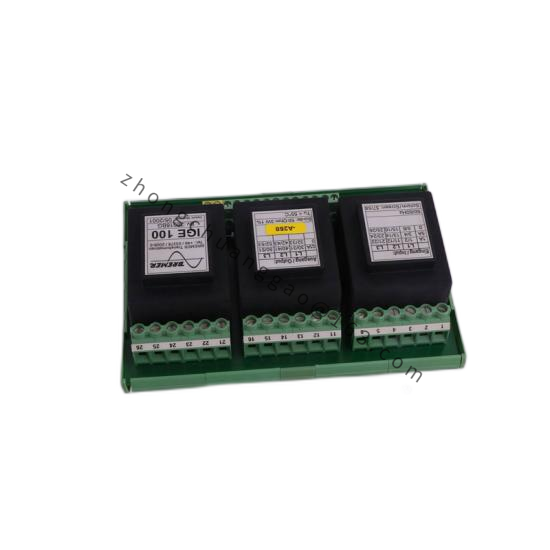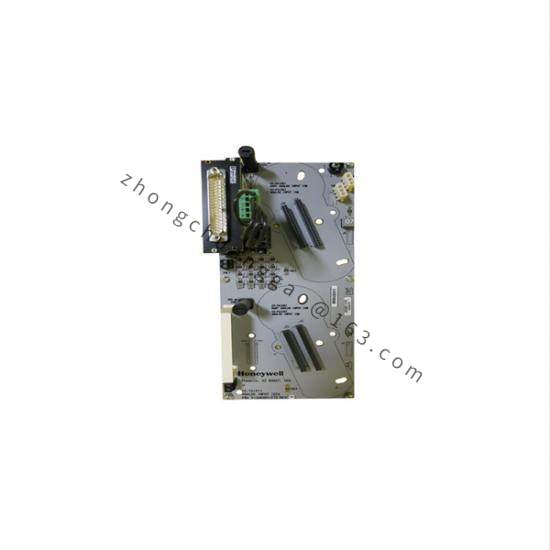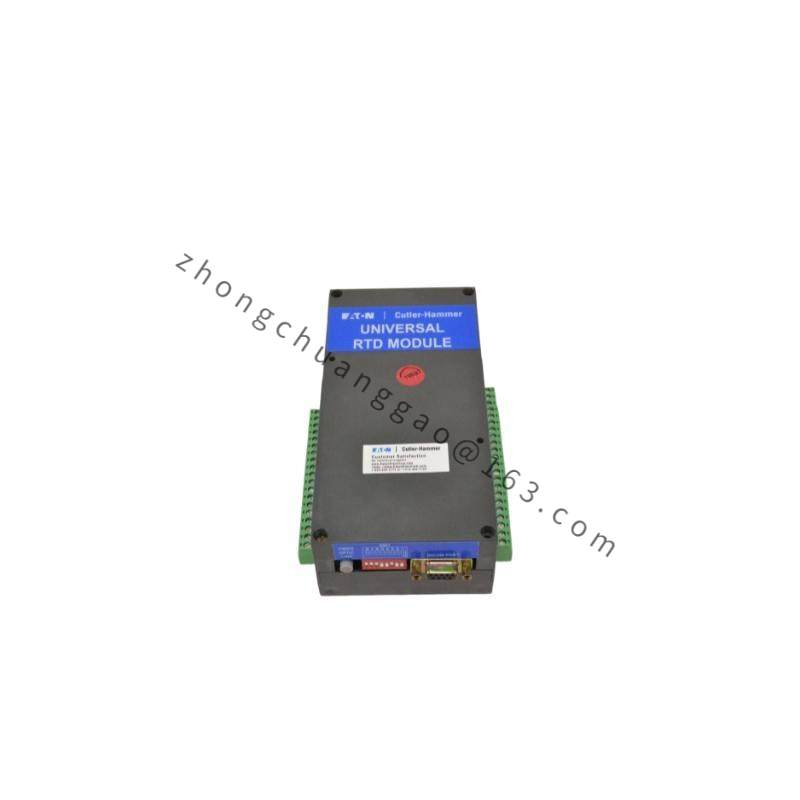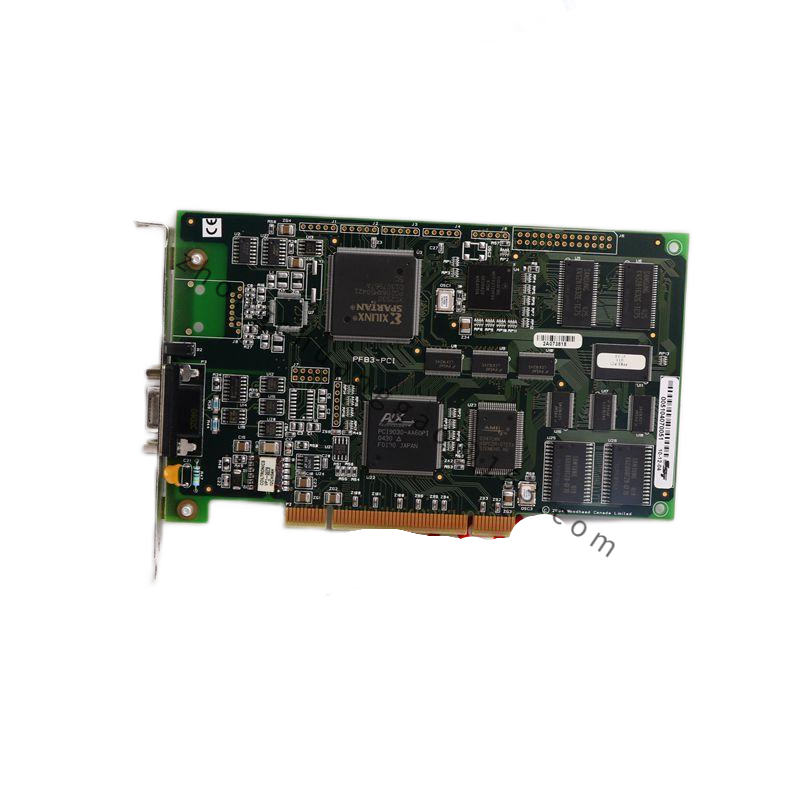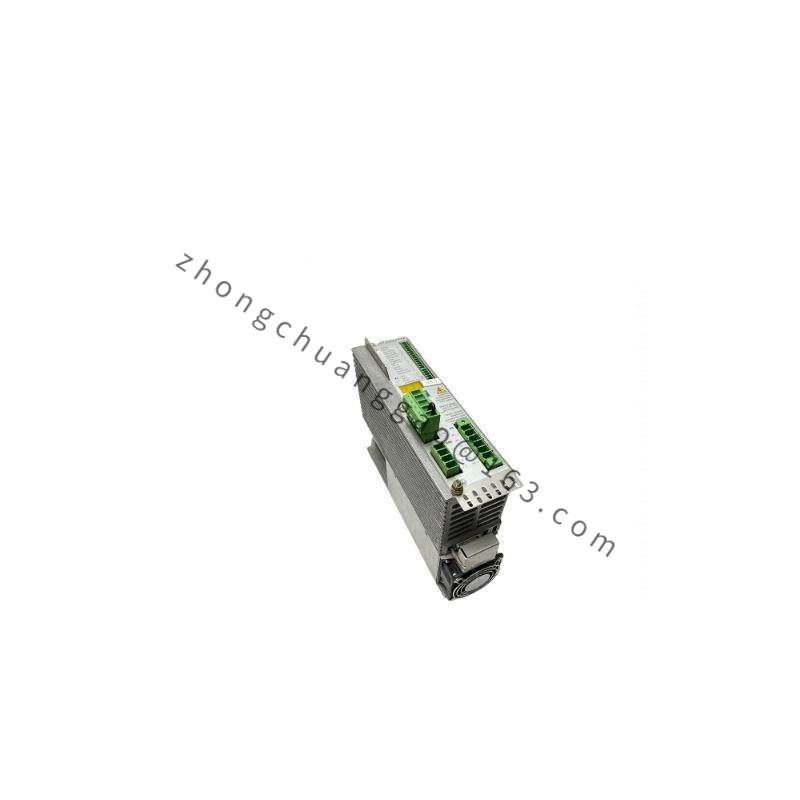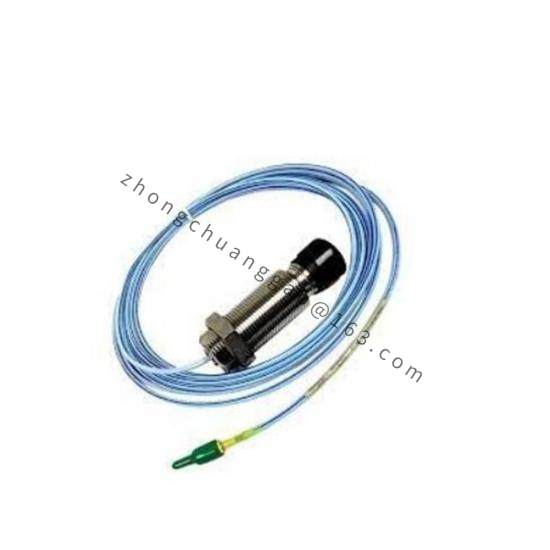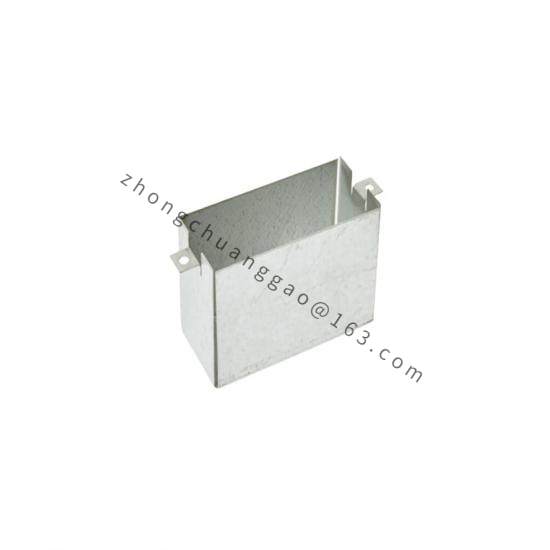NI PCI-4451 2-Channel Dynamic Signal Processing Module
The National Instruments PCI-4451 is a versatile 2-channel dynamic single module designed for advanced data acquisition tasks. It excels in capturing high-speed signals across various industrial applications, ensuring precise measurements and real-time analysis.
Detailed content
Number of Channels:2
Signal Processing Type:Dynamic
Sampling Rate:Up to 50 MS/s
Analog Input Range:-10V to +10V
Digital I/O:8 digital channels (4 input, 4 output)
Power Consumption:Less than 1 W
Operating Temperature:-40°C to +85°C
Form Factor:PCI Express (x8)
The National Instruments PCI-4451 offers unparalleled flexibility and precision in signal acquisition, making it an indispensable tool for engineers and scientists working on complex industrial control systems. Its dual-channel design allows for simultaneous or sequential measurement of two different signals, each capable of achieving a maximum sampling rate of 50 MS/s, ensuring ultra-fast data capture.
With an input range of ±2 V, the PCI-4451 can handle a wide variety of signal types, from low-voltage analog signals to higher amplitude signals. It further enhances its utility with 16 digital I/O lines, providing ample connectivity options for interfacing with other devices.
The module is built to withstand harsh industrial environments, boasting an operating temperature range from -40°C to +85°C, making it suitable for use in both cold and hot climates. Its compact size, measuring only 140mm x 54mm x 40mm, ensures easy integration into existing systems without compromising performance.
In terms of power consumption, the PCI-4451 operates efficiently at ≤ 3 W, ensuring low energy usage and reducing overall system costs. It is compatible with multiple programming languages, including LabVIEW, MATLAB, Python, and C/C++, allowing for seamless integration into various development environments.
For users looking to leverage advanced analysis capabilities, the PCI-4451 comes equipped with a rich set of software tools provided by National Instruments, enabling users to perform sophisticated signal processing tasks directly from their preferred development platform. This makes it an ideal choice for applications requiring real-time data acquisition and analysis in industries such as manufacturing, research, and testing.
